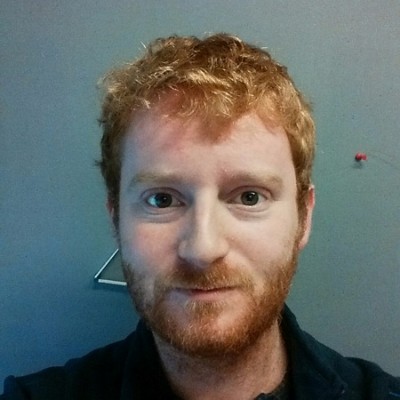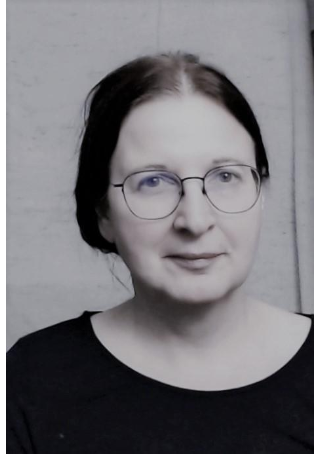Krisztina Katona (University of Technology Sydney) will present his paper on “Essays in electricity market design and semi-structural price modelling” on December 4th at 11:00 AM, room QA406.
Abstract:
Electricity market designs across the world are complex, diverse and constantly evolving frameworks of policies, with multidisciplinary theoretical work underpinning them. The fast transforming landscape of the electricity sector driven by cutting-edge optimization theory and the global commitment to meet emission goals calls for re-evaluating existing electricity market designs and price models. This thesis contributes to this discussion. To start, the first essay describes the general features of electricity markets. The second essay delves into an in-depth review of the market design of Australia’s National Electricity Market (NEM). This is followed by the third essay that presents a novel bid stack electricity price model that replaces the widely used exponential supply functions with hyperbolic ones to permit price negativity. Finally, focusing on the Pennsylvania-New Jersey-Maryland Interconnection (PJM) in the United States, the Balancing Market (BM) in Great Britain and the NEM in Australia, the fourth essay infers prices along the supply curves using largely the same optimization algorithms as the respective market operators do to assess the degree of supply monotonicity and compare welfare in these markets.




